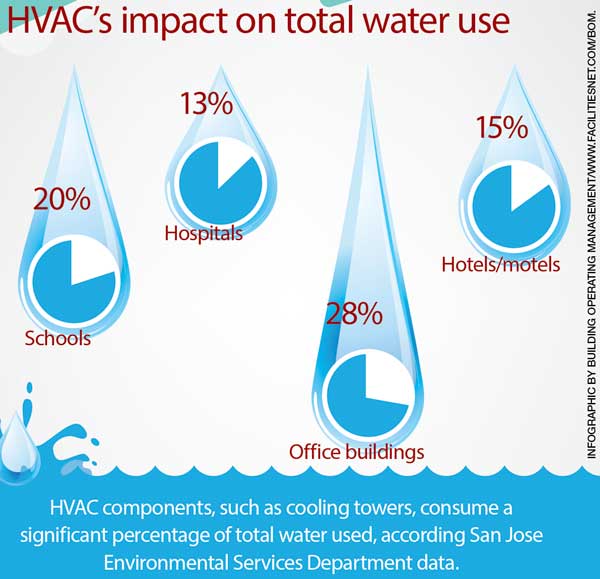How Weather Impacts Heatpump Performance And What You Can Do About It
How Weather Impacts Heatpump Performance And What You Can Do About It
Blog Article
Authored By-Herndon Ogle
When it involves your heat pump, weather plays a vital function in its performance. From freezing temperatures to sweltering heat, each aspect can impact exactly how successfully your system operates. But what can you do to combat these weather-related difficulties and ensure your heatpump is working at its finest? Remain tuned to discover sensible pointers and techniques to maximize your heatpump's performance, regardless of the weather conditions it encounters.
Climate Aspects Affecting Heatpump Performance
Weather factors have a considerable impact on the efficiency of heatpump. One essential aspect is temperature level. Heatpump work by moving warm from outdoors to inside during winter season and the other way around in summertime. As temperature levels decline, it ends up being harder for the heatpump to remove heat from the outside air, decreasing its effectiveness.
An additional key element is humidity. High moisture levels can make it much more tough for the heatpump to launch warmth throughout the cooling procedure.
Additionally, wind speed plays a role. Solid winds can dissipate the heat absorbed or launched by the heat pump, impacting its total efficiency.
Tips for Optimizing Heat Pump Performance
To enhance the performance and long life of your heatpump, carrying out a few vital strategies can make a substantial difference in its efficiency.
Firstly, guarantee routine upkeep by cleaning or changing filters every 1-3 months to prevent air movement obstructions and maximize air movement. Furthermore, routine annual professional assessments to find and address any type of potential concerns early on.
Ideal thermostat setups also play a vital role. During the winter months, go for a temperature level setting that's as low as comfy, and during the summertime, established it as high as comfy to reduce the work on your heat pump. Making use of a programmable thermostat can help you automatically readjust setups based upon your schedule.
Additionally, sealing leakages in ductwork and shielding air ducts in unconditioned spaces can protect against energy loss and boost overall system effectiveness.
Finally, consider setting up a clever thermostat that can learn your routines and adjust settings as necessary, additional optimizing your heat pump's efficiency. By adhering to these pointers, you can guarantee your heatpump runs effectively and properly throughout the year.
Best Practices for Weatherproofing Your Heatpump
For ideal performance and effectiveness of your heatpump, carrying out weatherproofing measures is vital. Beginning by sealing any type of spaces or cracks around doors, home windows, and ductwork to prevent warm loss and preserve a consistent interior temperature.
Shield exposed pipelines and air ducts to prevent freezing throughout winter and make certain appropriate air flow. Take into consideration mounting a protective cover over the outdoor unit to secure it from severe weather elements like snow, ice, and particles.
Frequently clean the outside unit to remove dirt, leaves, and debris that can obstruct air movement and reduce effectiveness. Furthermore, keep the area around the heatpump clear of snow, ice, and plant life to enable proper ventilation.
visit this hyperlink that you recognize just how climate impacts your heatpump performance, you can take aggressive actions to enhance its efficiency. By adhering to the ideas laid out in this short article, such as normal upkeep, thermostat changes, and weatherproofing actions, you can ensure that your heat pump operates at its best despite the climate condition. Stay ahead of https://www.underhoodservice.com/curing-springtime-air-conditioning-smells/ and maintain your home comfortable all the time.
